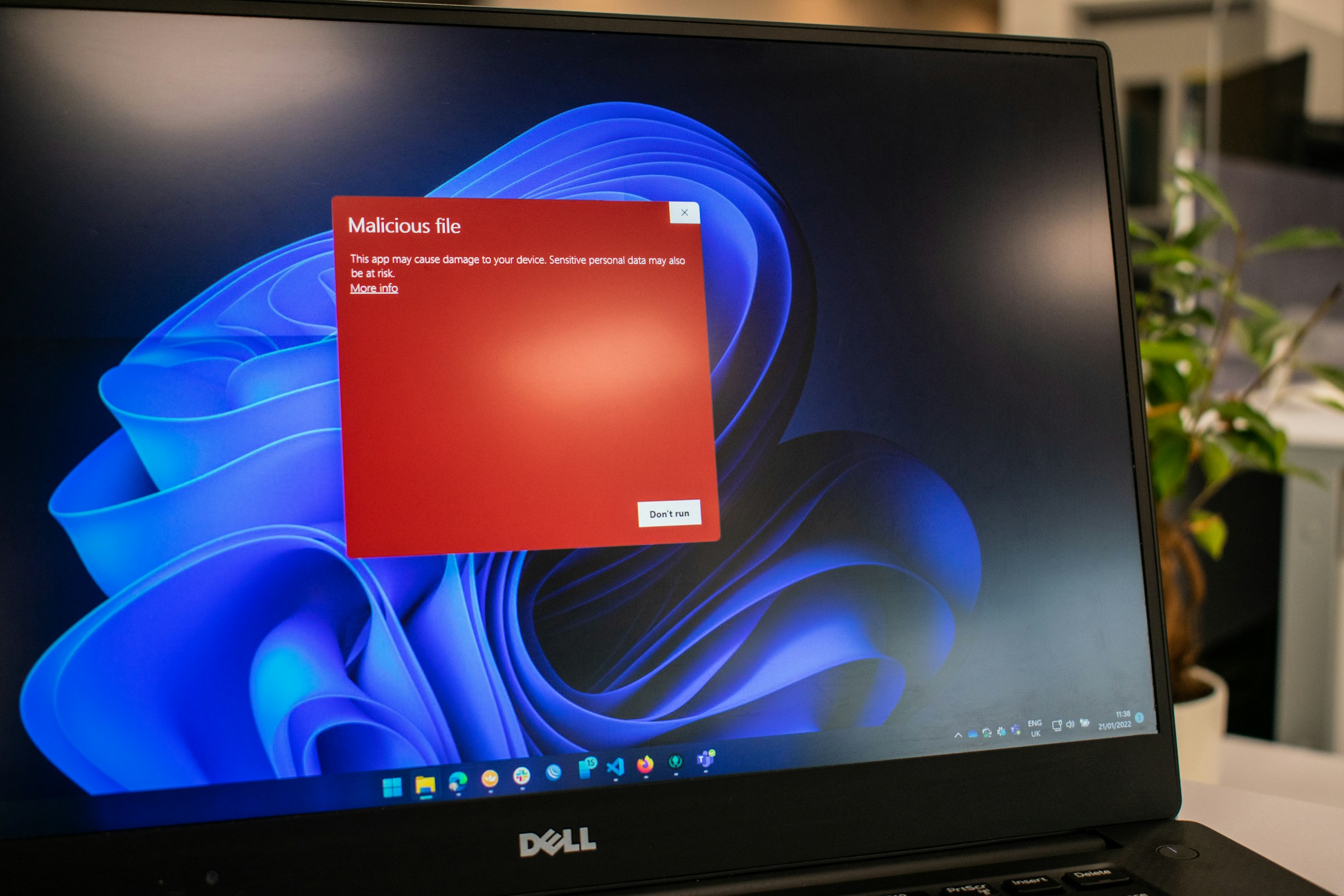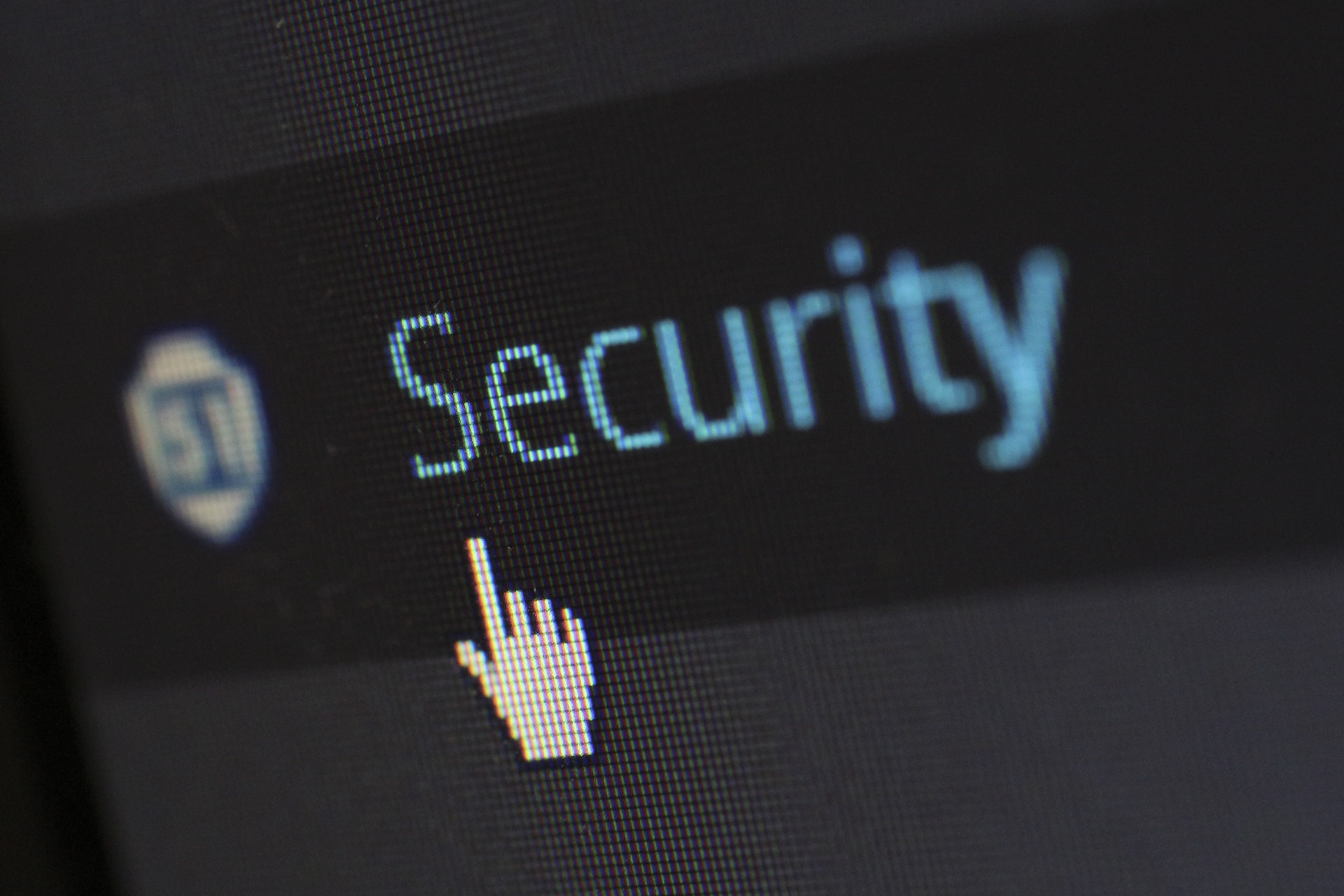Use These Tips to Protect Your Business From Medusa Malware

The U.S. Cybersecurity and Infrastructure Security Agency (CISA) and the FBI are both issuing warnings about a strain of malware that is responsible for ransomware attacks against hundreds of victims. Read on to learn more, and to find out how to protect your business from this cyber security threat.
The warning highlights a malware strain known as “Medusa.” Medusa is a ransomware-as-a-service software (RaaS), and has been in circulation since 2021. However, malicious users have been using Medusa recently to target more than 300 victims across various industries.
These actors, which CISA calls “Medusa actors,” target their victims through phishing, scamming the authentication information of these users via email. Once they break into their accounts, these actors comb through looking for critical and sensitive data. Once they have it, they use a double extortion model: they encrypt your data, then threaten to share it with the public if you don’t pay their ransom.
From here, ransom demands are posted onto their bad actors’ website. Victims will see a countdown timer to when actors release the data. If they choose to pay the ransom, they will find a link to a Medusa cryptocurrency wallet. Reports show that actors have requested anywhere from $100,000 to $15 million from victims.
How you can protect your business
To protect your data and the data of your business from Medusa malware (and many security incidents), make sure to follow cyber security best practices from your MSP. That includes installing the latest security updates on your devices whenever available, using multi-factor authentication on all accounts, protecting those accounts with long and unique passwords, and changing those passwords only when necessary.
These are important steps for any business to follow to maintain cyber security compliance. Security patches prevent bad actors from exploiting security vulnerabilities on your network; multi-factor authentication means that even if a bad actors has your password, they can’t break into the account without your trusted device; long and unique passwords mean that hackers have a harder time cracking your credentials, and even if they crack one, they won’t know the password to any other accounts; and changing passwords only when necessary ensures you focus your cyber security efforts where it matters.
From here, be careful when handing digital messages: Whether it’s an email or a text message, do not open strange links from people you don’t know.
Share This



